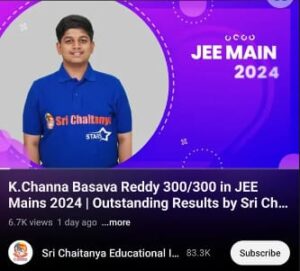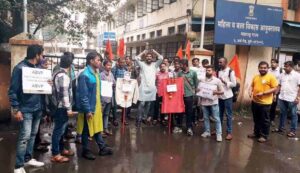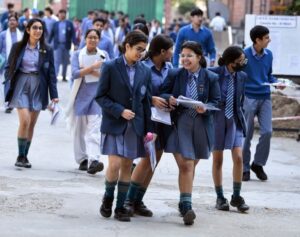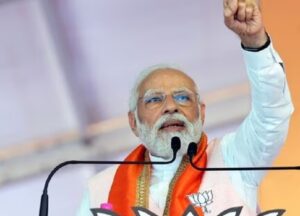Economist Sanjeev Sanyal criticizes UPSC exam as ‘Waste of Time’ and advocates for broader aspirations
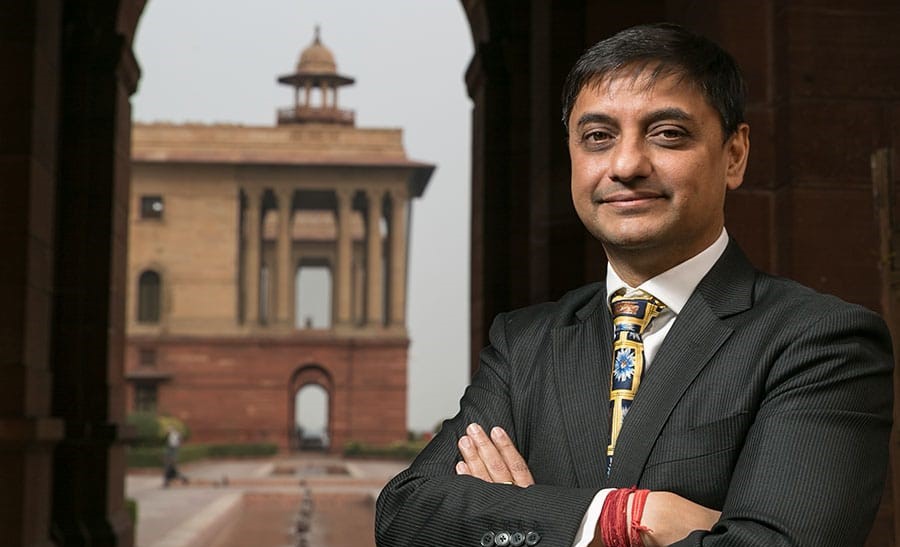
Economist Sanjeev Sanyal, a member of the Economic Advisory Council to the Prime Minister (EAC-PM), recently shared his views on the Union Public Service Commission (UPSC) examination, characterizing it as a ‘waste of time’ in a conversation on ‘The Neon Show’ podcast.
Sanyal expressed concern over what he termed the ‘poverty of aspiration’ prevalent in India, citing examples from states like West Bengal and Bihar. He argued that societal role models influence aspirations, leading many youths to pursue civil services as a default option rather than aiming for more innovative and impactful careers.
Drawing attention to the intense competition and limited opportunities in the UPSC exam, Sanyal urged young people to channel their energies into endeavours with broader impact, such as entrepreneurship, sports, arts, and science. He emphasized the need for a societal shift towards embracing risk-taking and fostering innovation.
Highlighting the bureaucratic nature of civil services, Sanyal cautioned against romanticizing the profession, noting that many find it dull and unfulfilling. He advised against pursuing UPSC unless individuals are genuinely passionate about administrative roles.
Sanyal’s remarks reflect a broader cultural shift towards redefining success and embracing diverse career paths beyond traditional avenues like civil services. The conversation underscores the importance of encouraging ambition and creativity among India’s youth to drive innovation and societal progress.
Meanwhile, the UPSC has postponed its civil services preliminary examination to June 16 due to the upcoming Lok Sabha elections. The examination, conducted annually in three stages, selects officers for prestigious government services like the Indian Administrative Service (IAS) and the Indian Police Service (IPS). Despite the postponement, the debate surrounding the relevance and impact of the UPSC exam continues to resonate among Indian society.


